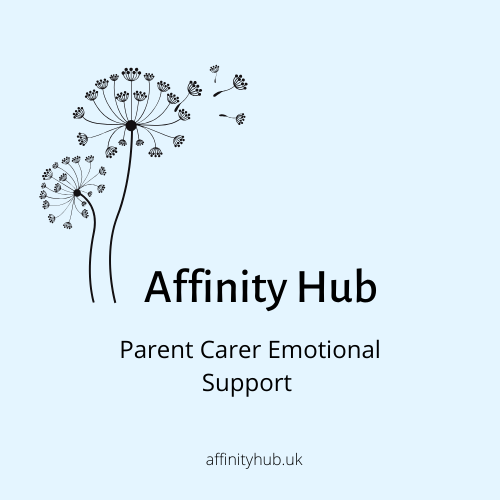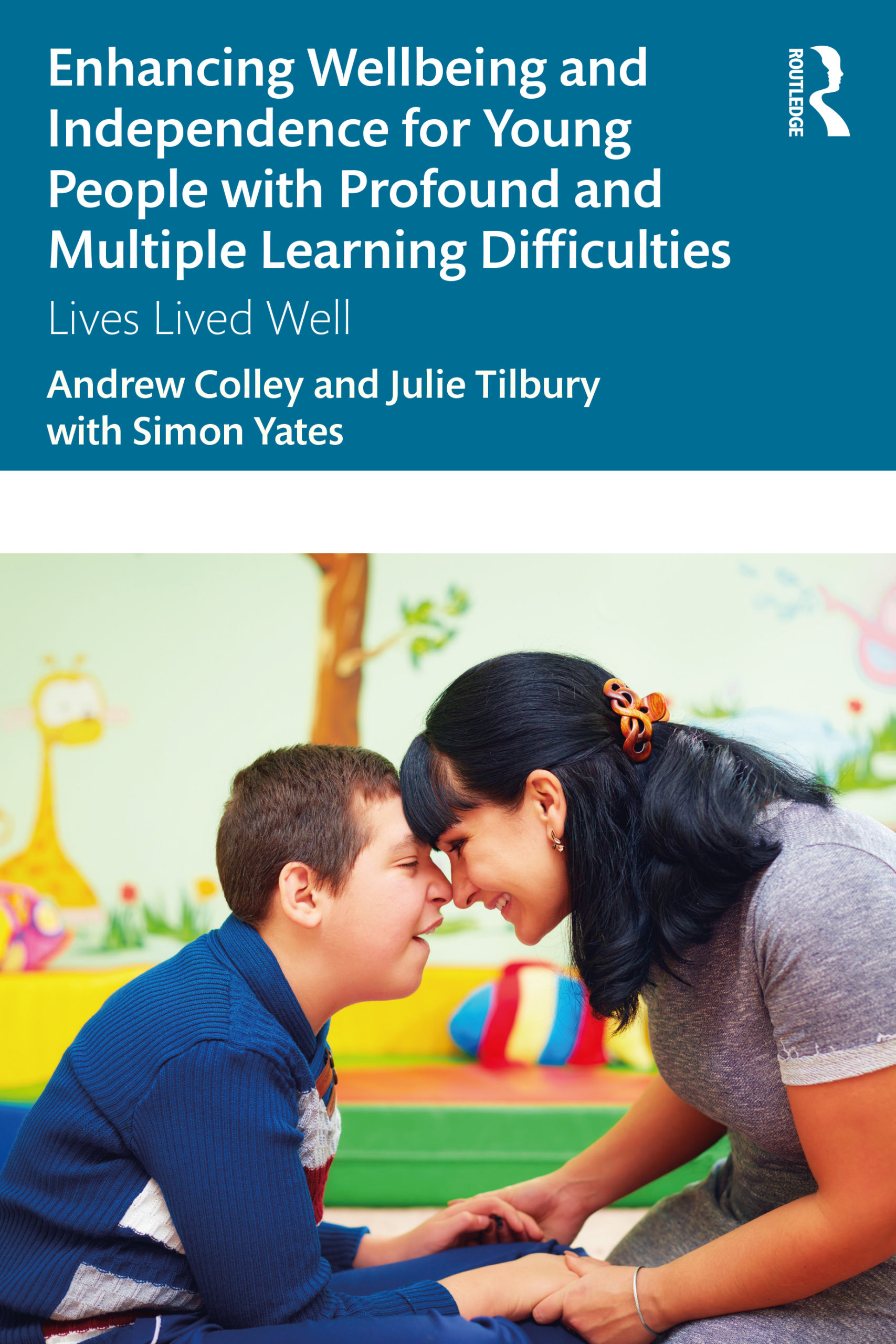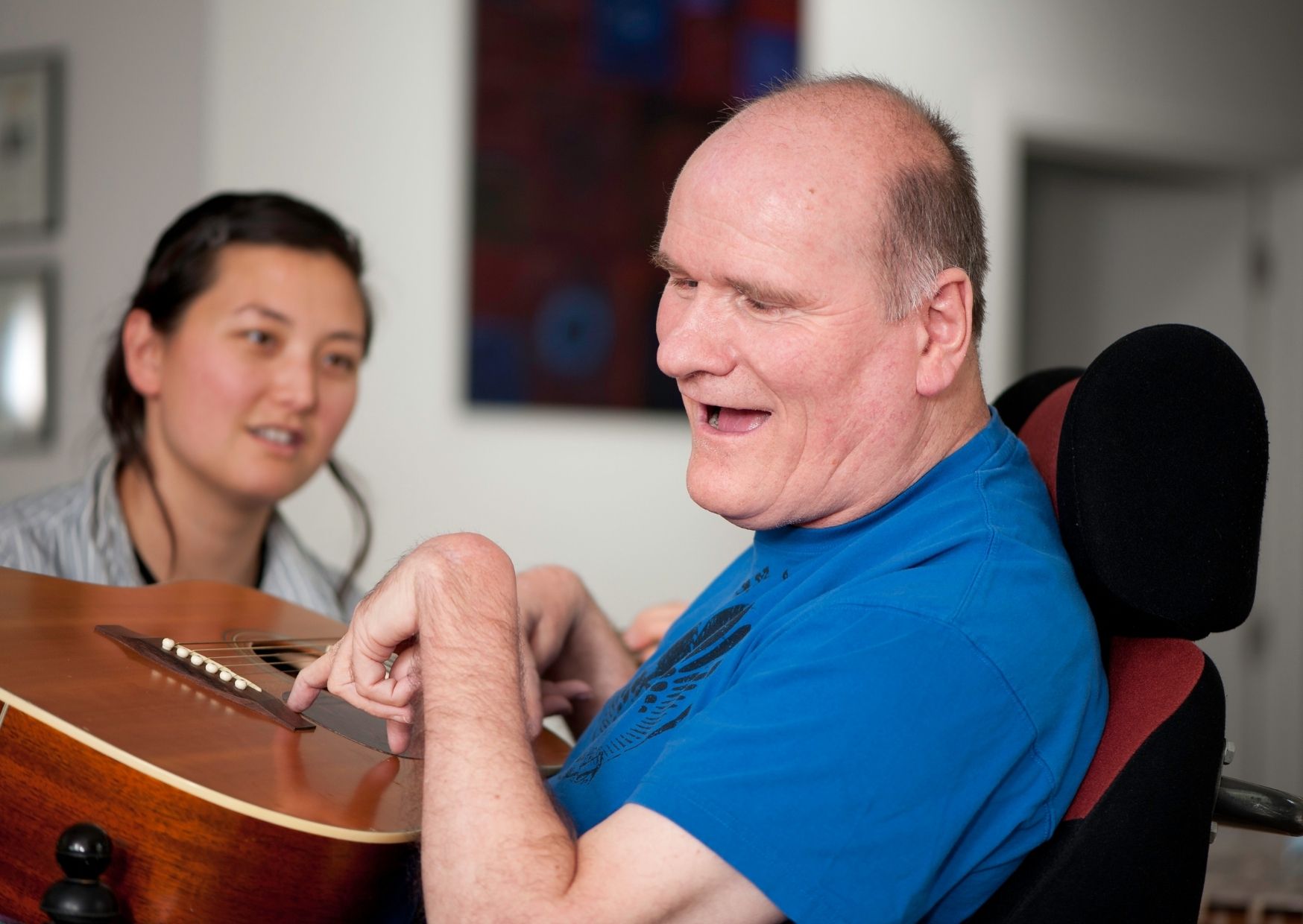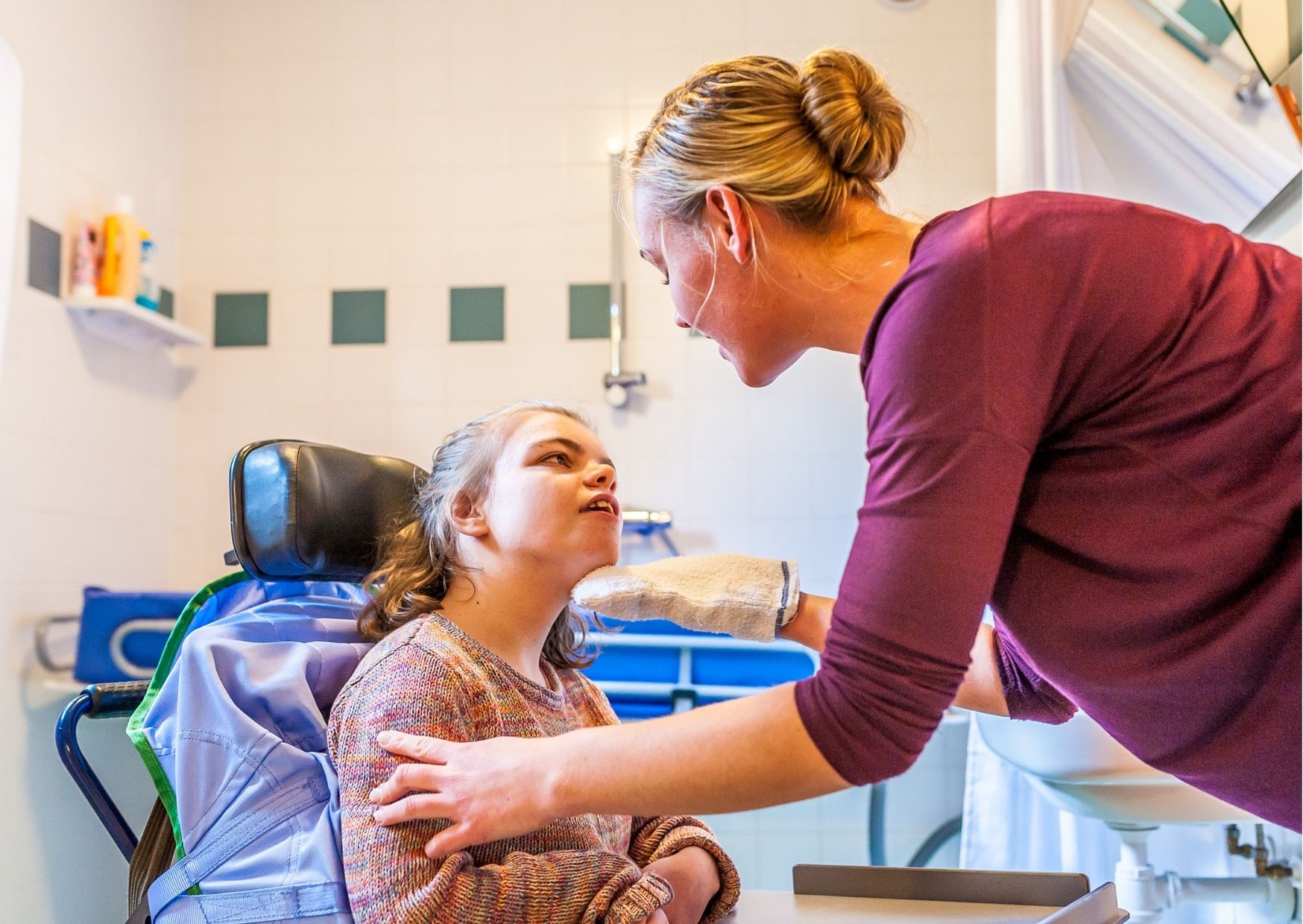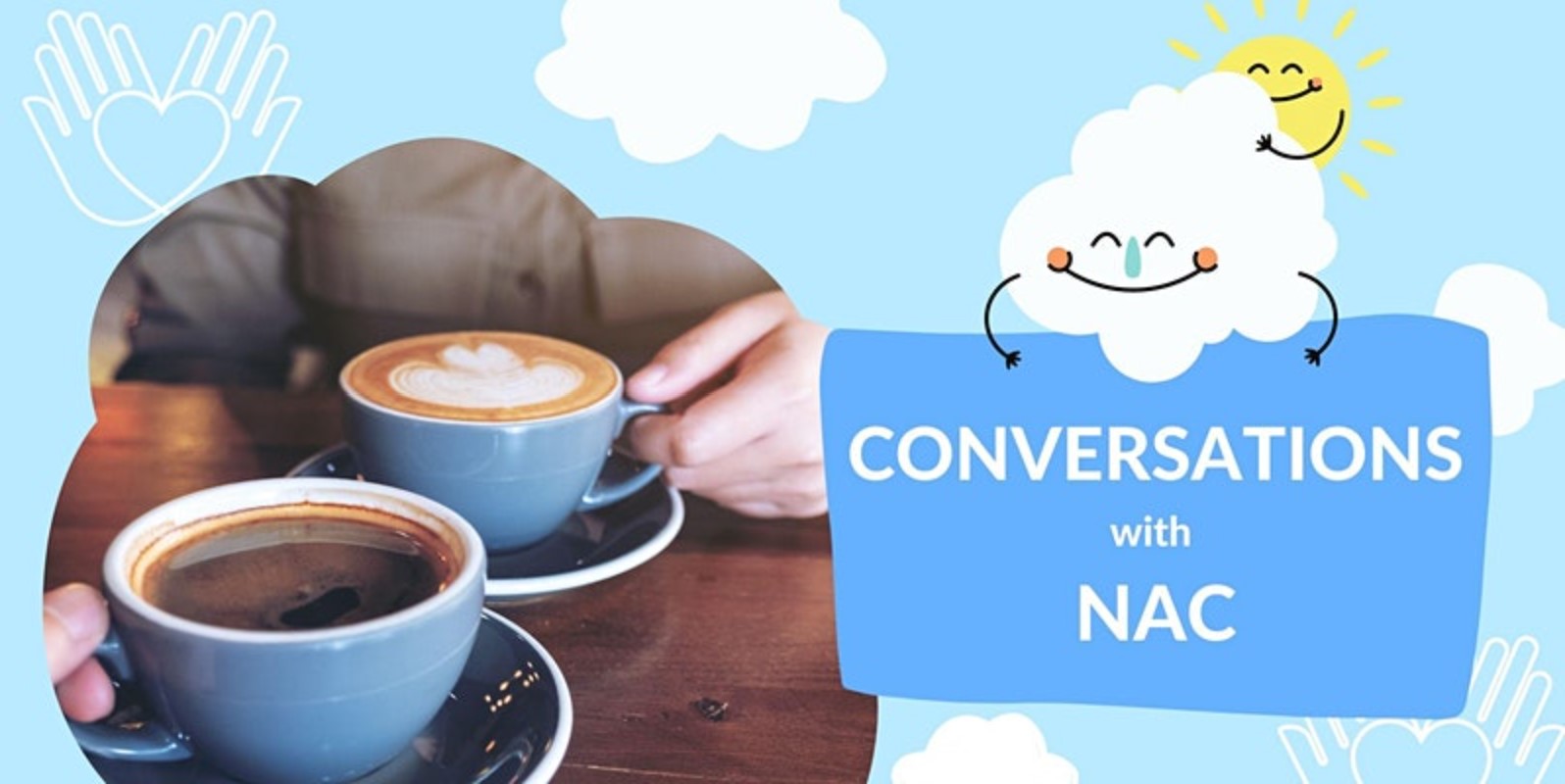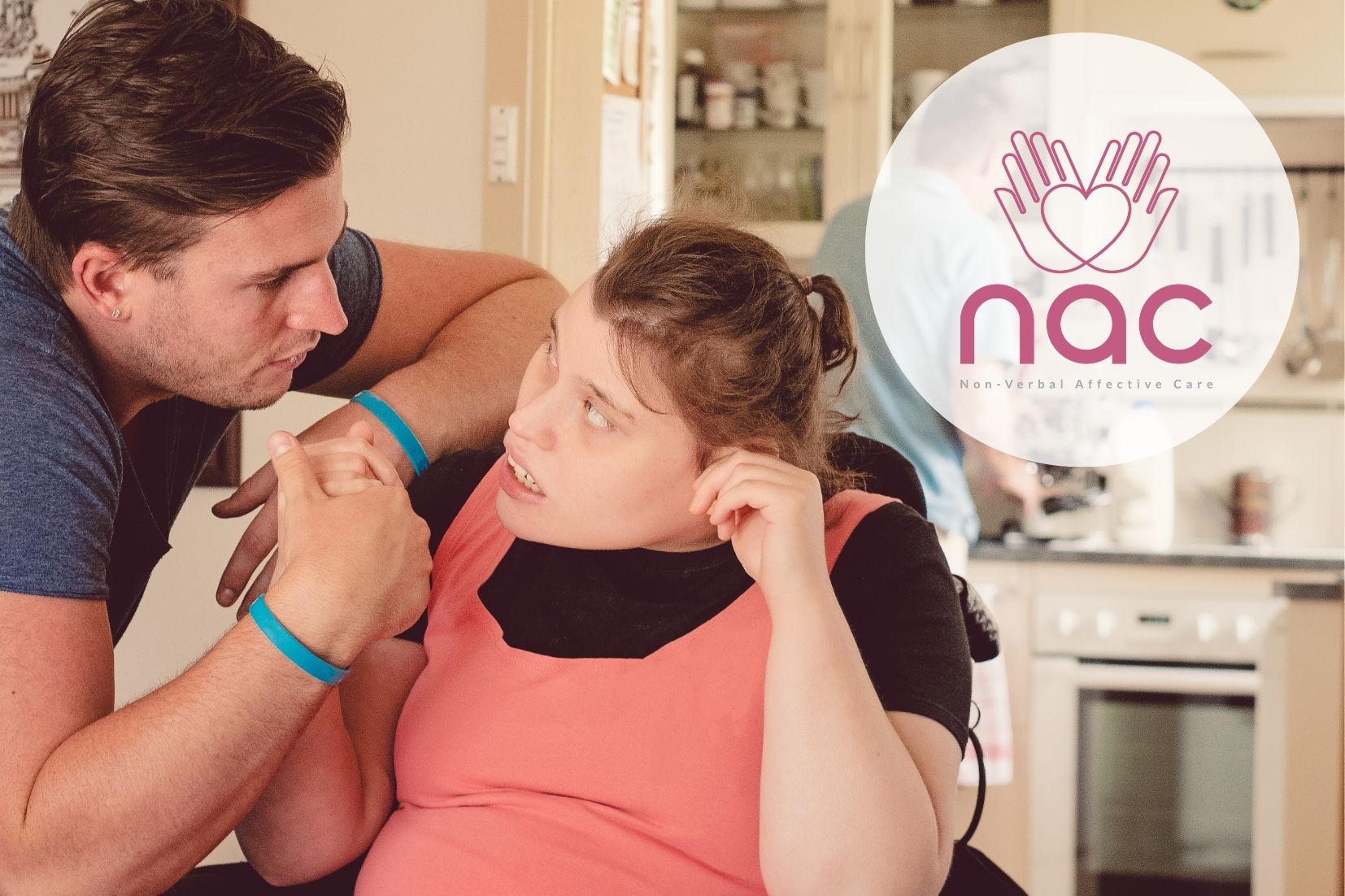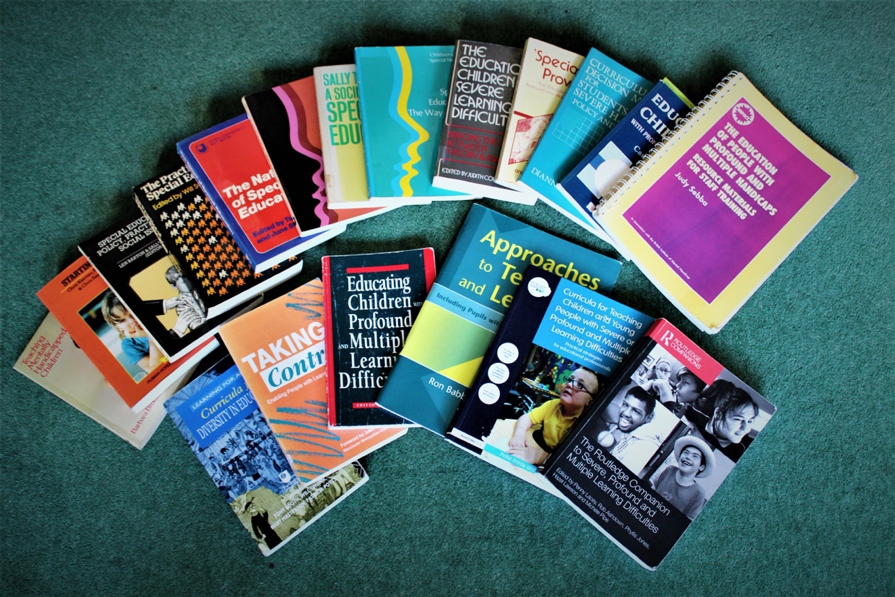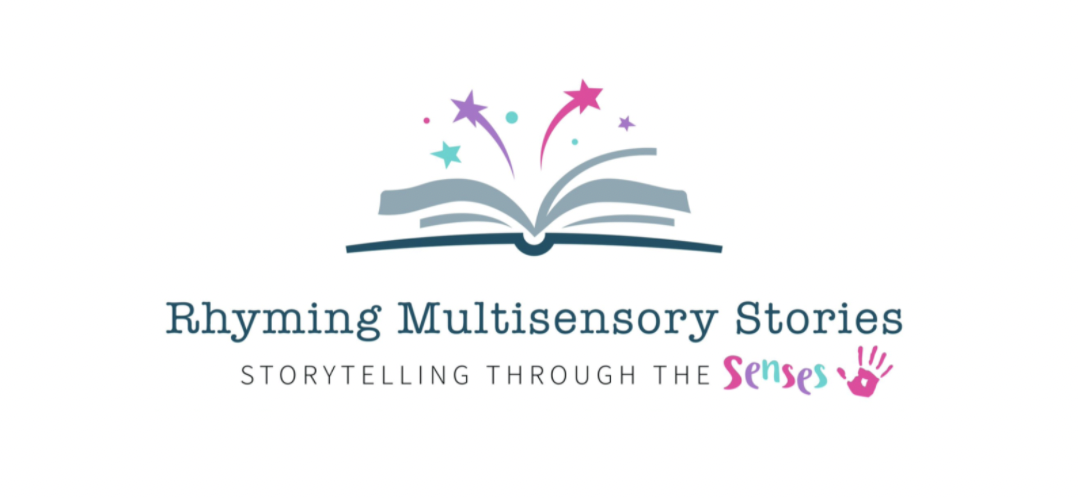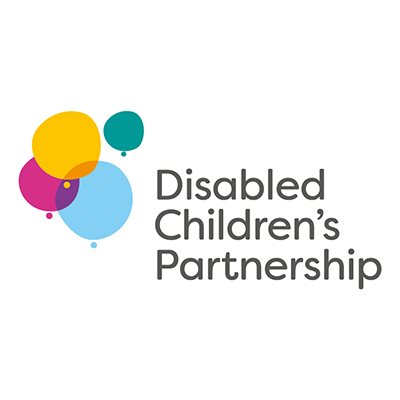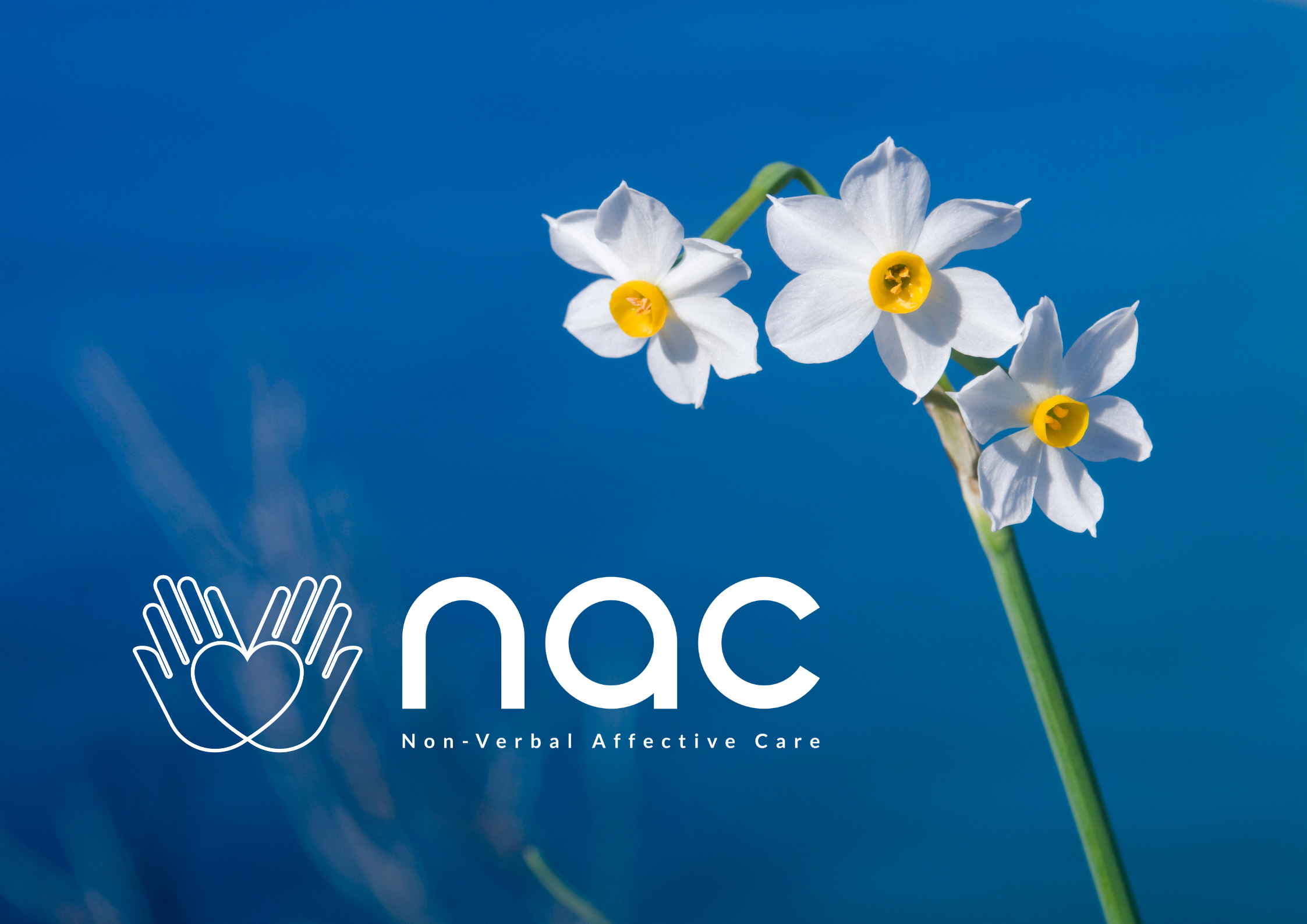Articles, Resources, News and Projects
-
ARTICLE: Predictability for Reducing Anxiety and Promoting Wellbeing
Predictability can have a powerful impact on emotional wellbeing and we often feel safer when we have a sense of routine. For children and adults with severe and profound intellectual disability, having a sense of predictability and consistency can help to increase feelings of safety and security. Consistent, repeated routines can provide a sense of order and familiarity to theRead more
-
RESOURCES: Parent Carer Wellbeing Stress Busters by Joanna Griffin
Quick and easy stress busters for times when things are overwhelming There is considerable evidence for part of our nervous system called the vagus nerve – which connects the gut to the brain – playing a vital role in our wellbeing. The vagus nerve is an important part of the parasympathetic nervous system. It carries signals to and from the brain andRead more
-
RESOURCE: Enhancing Wellbeing in Education by Andrew Colley and Julie Tilbury
Enhancing wellbeing and independence for young people with profound and multiple learning difficulties: Lives Lived Well is a unique resource book which explores what well-being, community participation and independence mean to young people with profound and multiple learning difficulties. Bringing together results of an extensive survey of over 120 schools worldwide who teach young people with PMLD, the authors presentRead more
-
ARTICLE: Play is the Thing by Ben Kingston-Hughes
One of the hardest things about being a play specialist is that very few people take me seriously. Almost everything I do looks or sounds frivolous, unimportant and often downright silly. Very few people would watch a group of children playing pat-a-cake or simply clapping, for instance, and comment on the huge potential for neurological growth and life-long health. VeryRead more
-
ARTICLE: The Playful Relationship by Debby Watson
People with profound impairments are not often discussed in terms of their playfulness. In fact, I’m still shocked by how few books and articles in this area even mention play, as I believe play is an important key to enriching the life of someone who has few means of expressing themselves and unlocking their character, strengths and preferences. I haveRead more
-
ARTICLE: Building Relationships Through Vocal Play by Eleanor Gibson
For anyone who doesn’t use words, interacting through sound and gesture is immensely important in creating relationships and fostering a sense of agency. Through these interactions, that don’t depend on language, someone with PMLD can make choices: whether to communicate, who with, and how; can experience themselves acting in and on the world, can feel and hear themselves reflected backRead more
-
RESOURCE: Making Everyday Activities Emotionally Enriching
A video presentation showing how almost any activity or interaction can support emotional wellbeing, learning and development. Many people with severe and profound intellectual disabilities and complex needs spend a lot of their day having personal and medical care needs attended to. The video explains how awareness, attunement, responsiveness and time are key concepts and practices for increasing quality ofRead more
-
PROJECT: Drop in Sessions about Emotional Wellbeing
An online space to talk about matters related to the emotional wellbeing of people with severe and profound intellectual disabilities. Julie and Rosie held Zoom sessions on the last Friday of the month from 10-11.30 and invited anyone with an interest in the emotional wellbeing of people with severe and profound intellectual disabilities to join in. The topic of conversationRead more
-
RESOURCE: Promoting Emotional Wellbeing and Mental Health for Children and Adults with Severe and Profound Intellectual Disabilities
On demand course - watch at anytime The emotional wellbeing needs of children and adults with severe and profound intellectual disabilities can often go unrecognised. Science has shown us that there is a wealth of natural, non-invasive things we can do that involve interactions, the senses and the body to help promote emotional wellbeing and protect against mental health problems. You willRead more
-
ARTICLE: Challenging the Tyrannous Practice of ‘age-appropriateness’ for People with Severe and Profound and Multiple Learning Difficulties by Julia Barnes
This article will describe and support the contention that 'age-appropriateness' can be a potentially tyrannous practice which may deny a voiceless minority experiences, activities and resources that can support learning and enhance lives. When practitioners in services for children and adults with severe or profound and multiple learning difficulties (SLD or PMLD) discuss a new intervention, a criterion which mayRead more
-
RESOURCES: Understanding Trauma in People with Severe and Profound Intellectual Disabilities
Trauma has been described as an experience that overwhelms a person’s ability to cope. The coronavirus disease 2019 (COVID-19) pandemic has produced traumatic effects in many people, particularly on those with severe and profound learning disabilities, who are generally at higher risk of trauma than others. Understanding the neurobiological responses to trauma may elucidate which experiential strategies could be usedRead more
-
RESOURCES: The Benefits of Sharing Multisensory Stories by Victoria Navin
I’m often asked what draws me to multisensory storytelling. There are many benefits to multisensory stories. For me the magic is how the stories can enhance and enrich experiences and create a unique bond between the storyteller and the story explorer as they share their adventures. Multisensory stories tell a story using props to stimulate the senses and connect individualsRead more
-
ARTICLE: Mindfulness for Everyone by Suzanne Williams
Mindfulness is all about bringing ourselves into ‘this moment’ and experiencing it as it is. The benefits of mindfulness and a more mindful way of being are endless. It can reduce symptoms of anxiety, stress, depression and increase feelings of positivity, self-worth and resilience. These are some benefits, but there are so many more! When we are feeling more mindfulRead more
-
NEWS: NAC are Proud to be a Member of the Disabled Children’s Partnership
NAC are a proud member of the Disabled Children’s Partnership – a growing coalition of more than 60 organisations – campaigning for improved health and social care for disabled children, young people and their families in England. The Disabled Children’s Partnership (DCP) say: ‘We know that 43% of the British public don’t know anyone who is disabled and that 97%Read more
-
NEWS: Now Delivering Emotional Wellbeing In-Service Workshops
Mental health and emotional wellbeing for children and adults with severe and profound learning/intellectual disabilities and PMLD. In this workshop we will explore the meaning of emotional wellbeing, it's multi-faceted nature and what this means for how we can best support people with severe and profound intellectual disabilities with a range of strategies and approaches. You will be introduced to aRead more

